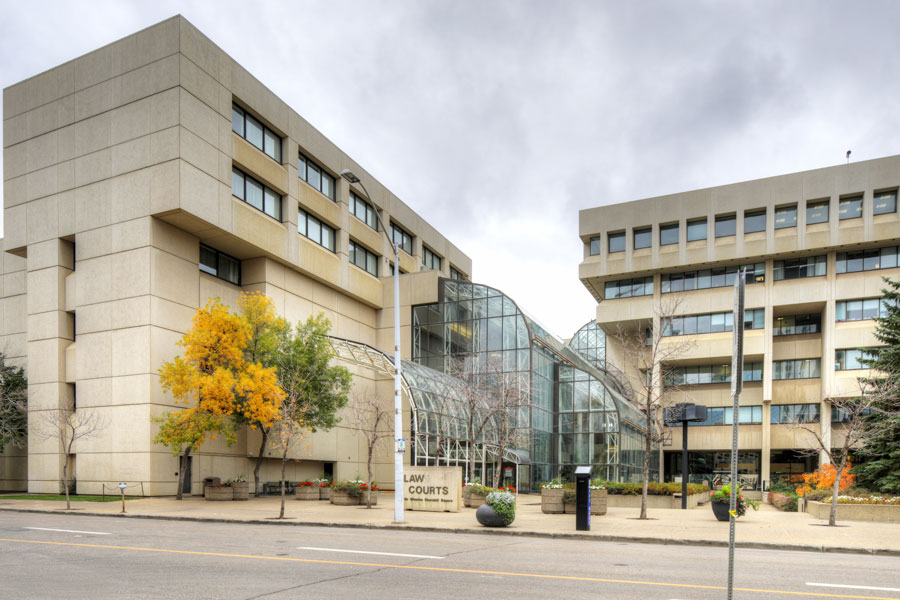When someone is arrested by the police, the Canadian Charter of Rights and Freedoms promises the person the right to speak with a lawyer.
But does the Charter also guarantee a lawyer for someone who has been detained in a hospital because they suffer from a serious mental illness?
The Alberta Court of Appeal may take up this issue in J.H. v Alberta, an appeal that will be heard in Calgary on February 27. Legal Aid Alberta (LAA) has intervened in the appeal because LAA hopes to provide its perspective about the importance of lawyers for mentally-ill patients.
Alberta’s Mental Health Act allows doctors to involuntarily hospitalize mentally-ill patients who are a risk of harm to themselves or others, or who are at risk of mentally or physically deteriorating if they are left untreated. If a patient disagrees with their doctor – and thinks they shouldn’t be detained in the hospital – the patient can ask one of Alberta’s mental health review panels to release them.
LAA offers free duty counsel to help patients who have asked the review panel to release them.
If a patient wants help, the lawyer will meet with the patient, review the patient’s medical records, and help the patient propose alternatives to staying in the hospital.
One of LAA’s roster lawyers, Salimah Janmohamed, represented J.H. as duty counsel at a review panel hearing. When the review panel refused to release J.H., Ms. Janmohamed took his case to court – and challenged the constitutionality of the Mental Health Act.
In 2019, Court of Queen’s Bench Justice Kristine Eidsvik agreed with J.H. and struck down parts of the Act. She decided that Alberta’s Mental Health Act was unfair in part because the Act did not ensure that patients understood their right to contact a lawyer. Alberta appealed, and the case is now before Alberta’s highest court.
LAA is represented in the appeal by Associate General Counsel Dane Bullerwell.
“Legal Aid Alberta relies on committed roster lawyers in private practice – like Ms. Janomohamed – to help protect the rights of patients who are hospitalized against their will.” Dane Bullerwell, LAA Associate General Counsel
“Other agencies, like the Office of the Mental Health Patient Advocate, can help involuntary patients understand their rights. But without an advocate who can speak on their behalf at a review hearing, mentally-ill patients will face an uphill battle to return to the community,” Bullerwell explained.
Ensuring that Albertans who struggle with mental health issues can understand and protect their legal rights reflects LAA’s core mission: supporting fairness in the justice system for Alberta’s most vulnerable citizens.
“No one wants to see a mentally-ill patient discharged from a hospital without any support,” Bullerwell noted. “LAA has intervened in this case because we want to ensure there’s a fair and independent process that helps a patient get the right level of care, including care in the community when that’s appropriate.
“It’s often impossible for patients to adequately represent themselves at these sorts of hearings. As J.H.’s case demonstrates, sometimes patients need a lawyer who can insist that they be treated outside a hospital setting.”
Calgary Legal Guidance and Alberta Health Services have also intervened in the case, providing their own perspectives on the constitutionality of the legislation.


